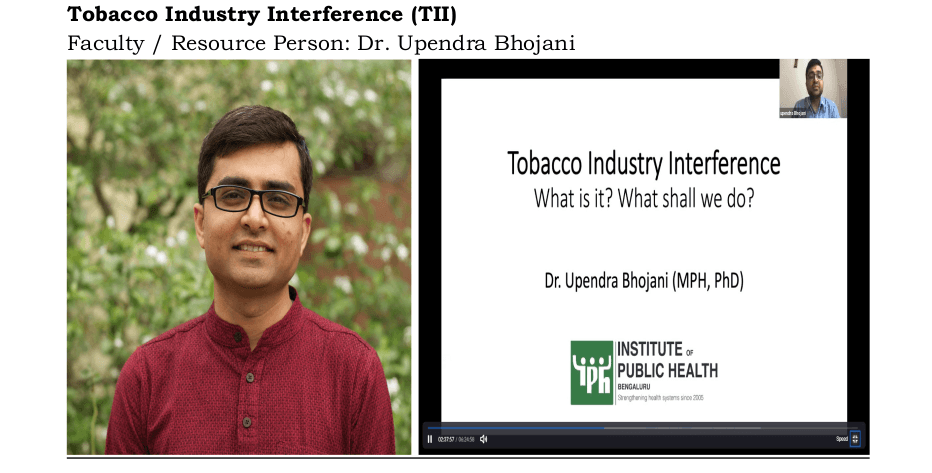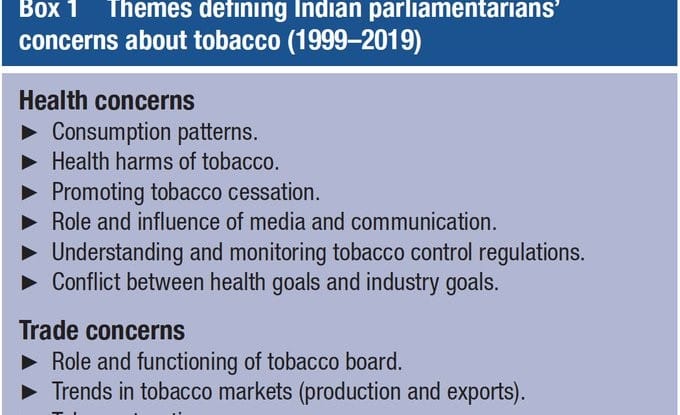
IPH, Bengaluru staff participate in the 5th National Conference on Tobacco or Health


Thirteen members of the Chronic Conditions and Public Policies cluster at IPH actively participated in the three day conference of the 5th National Conference on Tobacco or Health (NCTOH). This three-day scientific programme focused on diverse public health issues and challenges in tobacco control at the national and sub-national level along with context-specific solutions for their replication towards achieving tobacco free environments. There were plenary sessions, panel discussions, symposia, oral presentation, poster discussion, and workshops on many aspects of tobacco control which will pave the way towards building effective policy and program.
Dr Upendra Bhojani, Riddhi Dsouza, Anand Kumar, Kanika Chaudhary, Ketki Shah, Dr Pragati Hebbar, Vivek Dsouza, Dr Chandrashekar Kottagi, Kranthi Vysyaraju, Aishwarya Ashok, Praveen Rao, Achyutha Nagara Gadde and Kumaran P from the Institute of Public Health (IPH), Bengaluru actively participated in this 3-day national conference held between September 25 and 27, 2021.
Dr Upendra Bhojani, Director, IPH Bengaluru on Day 1 (September 25, 2021) was in a panel discussion and presented on “How should we approach commercial determinant of health?”, he was part of the plenary session on September 26, 2021 on “Emerging Issues in Tobacco Control: Contextualising Global Interventions” and he presented on “Tobacco Industry Interference”.
Dr Pragati Hebbar made two oral presentations- “Implementation’ of tobacco control policies in LMICs – a realist synthesis to explain the process and its facilitators and barriers” and the second, “LifeFirst: Impact of a school-based tobacco- and supari-cessation intervention among adolescents in Mumbai, India.”
This national conference was a boost to tobacco control efforts by the amalgamation of tobacco control professionals, health programme managers, public health experts, civil society advocates, academicians and researchers of various clinical and non-clinical disciplines from different states across the country under one roof who shared their contextual experiences and best practices in tobacco control which was aimed to ultimately lead to advancing tobacco control in the country.
To get a glimpse of the 5th NCTOH click: https://www.youtube.com/watch?v=Drv30sDRoTU












